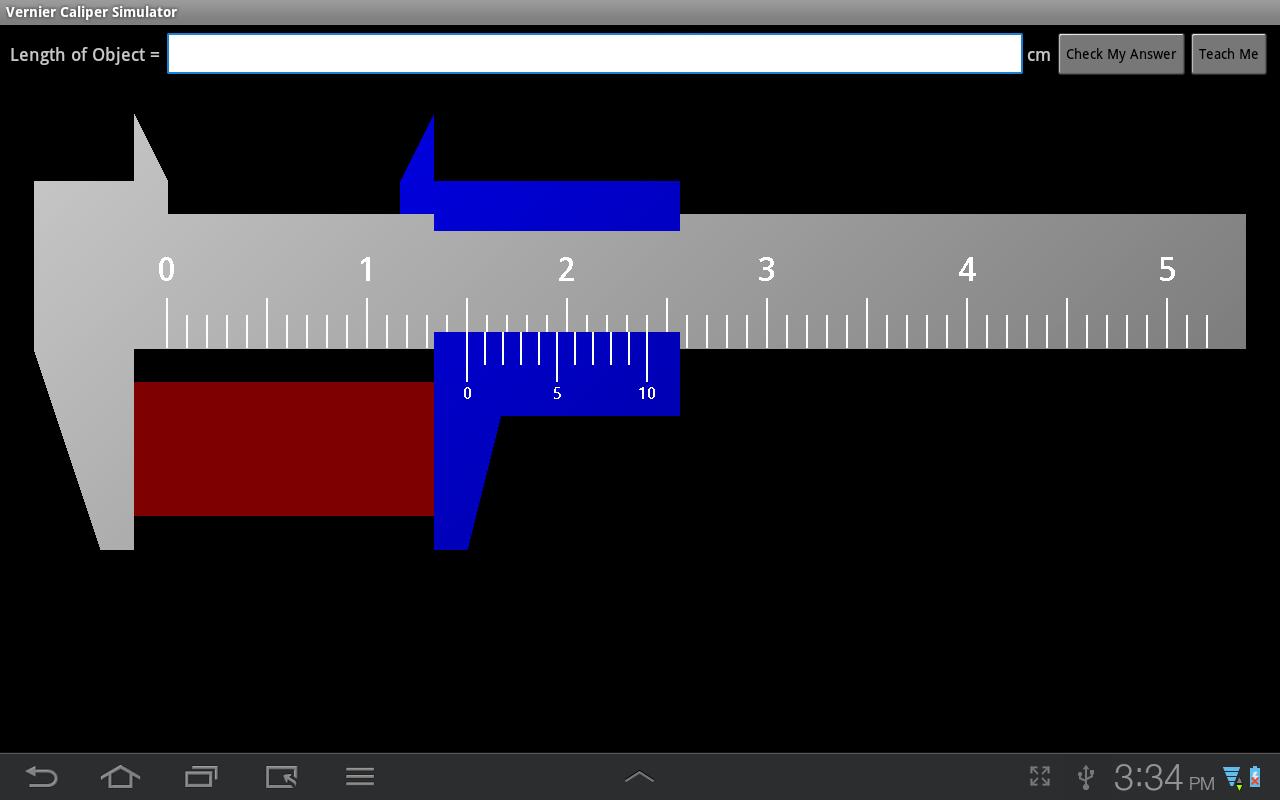
Contains Application Manaqib As Abdul Qadir Jilani
Understanding Manaqib: In mannerqib language means to examine, explore. The term is interpreted as the life history of someone who contains about his praiseworthy work, his noble morals, his karomah and other than that should be made as learning material/role models.
The purpose of Manaqiban among him is to aim for tawasul, tabaruk, getting to know righteous people and to love him more.
Manaqib's arguments: Manaqib is widely found in the Koran, such as Manaqib Ashabul Kahfi, King Dzulqurnain, Sayyidatuna Maryam, Sayyidina Luqmanul Hakim and so forth.
As for the argument used by Hujjah to allow the practice of Manaqib, which is a hadith contained in the book of Bughyat al-Mustarsyidin page 97: ﻭَﻗَﺪْ ﻭَﺭَﺩَ ﻓِﻲ ﺍْﻟَهﺛَﺮِ ﻋَﻦْ ﺳَﻴِّﺪِ ﻭَﺳَﻠَّﻢَ ﺍَﻧَّﻪُ ﻗﺎَﻝَ: ﻣَﻦْ ﻭَﺭَّﺥَ ﻣُﺆْﻣ above ﻓَﻘَﺪْ ﺍﺳْﺘًﻮْﺟَﺐَ ﺭِﺿْﻮَﺍﻥَ ﺍﻟﻠﻪِ ﻓﻲِ ﺣُﺰُﻭْﺭِ ﺍﻟْﺠَﻨَّﺔِ.
Rasulullah SAW.
And also the hadith narrated by Abu Dawud and At-Tirmidzi:
ﻗﺎﻝ ﺭﺳﻮﻝ ﺍﻟﻠﻪ ﺻﻠﻯﺎﻟﻠﻪ ﻋﻠﻴﻪ ﻭﺳﻠﻢ ﻣَﻦْ ﻭَﺭَّﺥَ ﻣُﺴْﻠ ْﻠِﻤًﺎ ﻓَﻜَﺄَ ﻧَّﻤَﺎْﻴَﻩ ﻩ ﺣrit ﻭَﻣَﻦْ ﺯَﺍﺭَ ﻋَ said ﺯَﺍﺭَﻧِﻰ ﺑَﻌْﺪَ ﻭَﻓَﺎﺗِﻰ ﻭَﺟَﺒَﺖْ ﻟَﻪُ ﺷَﻔَﺎﻋَﺘِﻰ. ﺭﻭﻩ ﺍﺑﻮ ﺩﺍﻭﺩ ﻭﺗﺮﻣﺬﻯ
Rasulullah SAW. said: "Whoever makes a date of Muslims, so the same as turning on it. And whoever is a pilgrimage to the pious person, then the same as the pilgrimage to me (the Prophet SAW.) (HR. Abu Dawud and At-Tirmidzi).
In the book of 'adz-dzulam' ala 'aqidat al-'awam explained:
ﺍِﻋْﻠَﻢْ ﻳَﻨْﺒَﻐﻲِ ﻟِﻜُﻞِّ ﻣُﺴْﻠِﻢ ﻃﺎَﻟِﺐُ ﺍﻟْﻔَﻀْﻞِ ﻭَﺍ apply ﻭَﺍﺳْﺘِﺠﺎَﺑَﺔِ ﺍﻟﺪُّﻋﺎَﺀِ ﻭَﻧُﺰُﻭْﻝِ ﺍﻟﺮَّﺣْﻤﺎَﺕِ ﻓِﻲ ﺣَﻀَﺮَﺍﺕِ ﺍْﻷَﻭْﻟِﻴﺎَﺀِ ﻓِﻲ ﻣَﺠﺎَﻟِﺴِﻬْ ﻭَﺃَﻣْﻮَﺍﺗﺎً ﻭَﻋِﻨْﺪَ ﻗُﺒُﻮْﺭِﻫْ ﻭَﺣَﺎﻝَ ﺫِﻛْﺮِﻫorry ﻣَﺬَﺍﻛَﺮَﺍﺕِ ﻓَﻀْﻠِﻬِﻢْ ﻭَﻧَﺸْﺮِ ﻣ holiday ) ﺟﻼﺀ ﺍﻟﻈﻼﻡ ﻋﻠﻰ ﻋﻘﻴﺪﺓ ﺍﻟﻌﻮﺍﻡ)
"Know that for every Muslim who seeks the virtues and kindness, so that he is looking for blessings and grace and grace and granting of prayers and descending grace in front of the saints, in the assemblies and their associations, both still alive or dead, in their graves when they remember them, and when many people gather in the pilgrimage of them, and reading their life history (
Benefits of Manaqib: In a Hadith History of AD-Dilami in the Book of Musnad Al-Firdaus History of Sayyidina Mu'adz bin Jabal Ra.:
ﺫﻛﺮ ﺍﻷﻧﺒﻴﺎﺀ ﻣﻦ ﺍ ready ﻭﺫﻛﺮ ﺍ ready ﻛﻔﺎﺭﺓ ﻭﺫﻛﺮ ﺍﻟﻤﻮﺕ ﺻﺪﻗﺔ ﺍ ﺍ ﺍ ﻣﻦ ﺍ ﺍ ﺍ ﺍ ﺍ ﺍ ﺍ ﺍ ﺍ ﺍ ﺍ ﺍ ﺍ ﺍ ﺍ ﺍ ﺍ ﺍ
"Considering that the prophets are worship, considering the pious people are cafarers/ransoms (for sin), remembering dead is alms and remembering the grave brings you closer to heaven."
Imam As-Suyuthi in Al-Jami 'Ash-Shagir and Imam Al-Munawi in Faidh Al-Qadir said this hadith was Dha'if (can be practiced as Fadhail al-'Amal).
Asy-Syeikh Muhammad bin Yunus said: "I don't see something more beneficial to the heart than remembering the life history of the Sholeh people."























